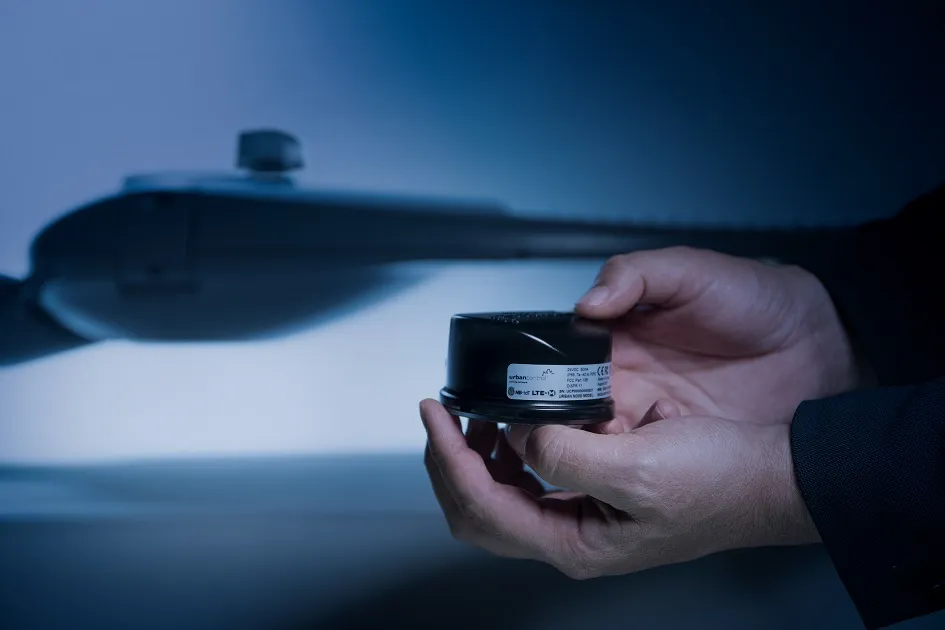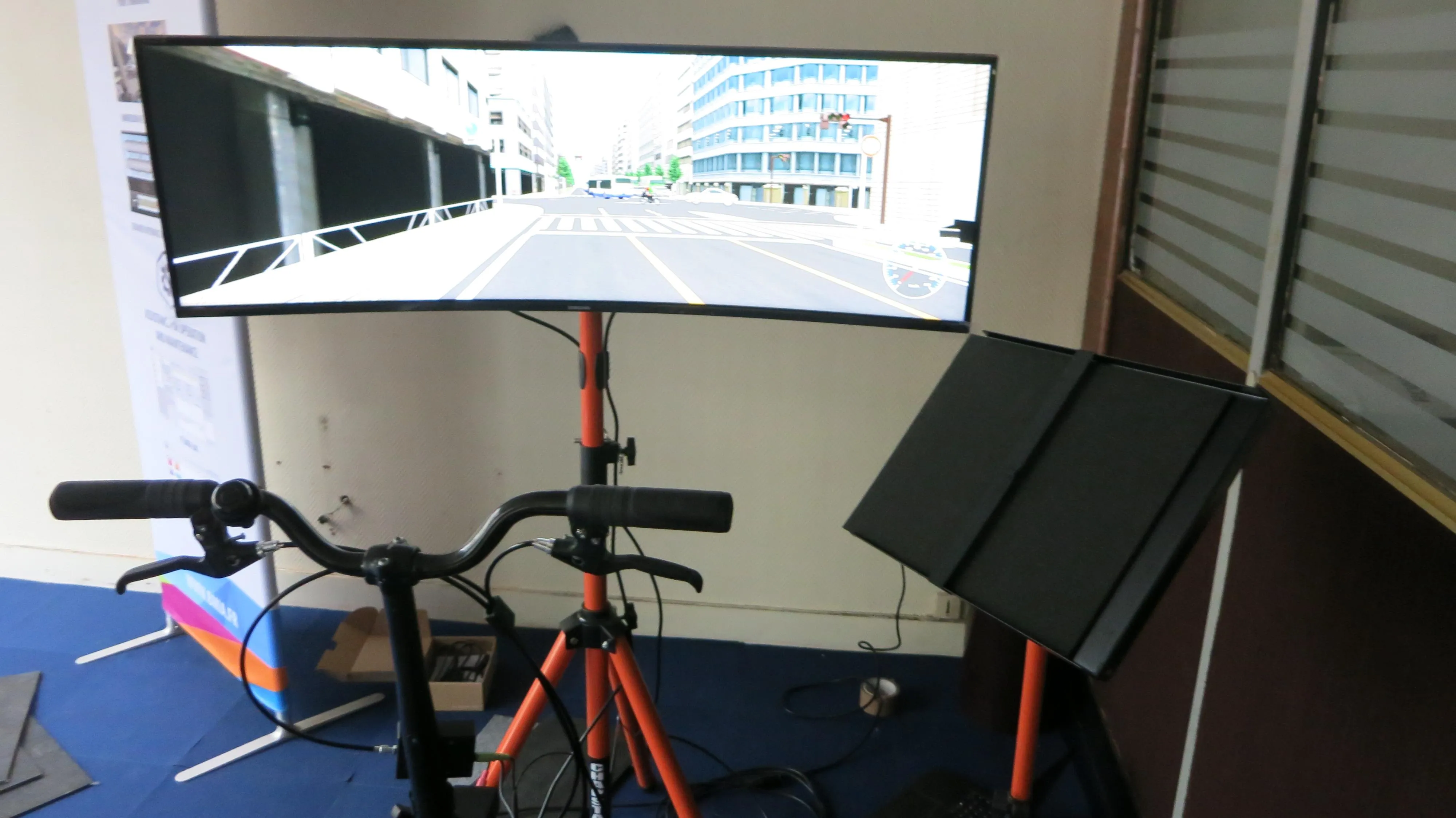AGD Systems, the UK’s leading provider of intelligent radar detection solutions, has won a prestigious contract with Transport for London (TfL) to supply its brand new, state-of-the-art ‘316’ Stop-Line Radar Traffic Detector designed for the detection and monitoring of stationary vehicles at road junctions.
January 24, 2014
Read time: 2 mins
AGD Systems, the UK’s leading provider of intelligent radar detection solutions, has won a prestigious contract with Transport for London (TfL) to supply its brand new, state-of-the-art ‘316’ Stop-Line Radar Traffic Detector designed for the detection and monitoring of stationary vehicles at road junctions.
The major contract is in addition to AGD’s long established partnership with TfL supplying vehicle detection equipment and pedestrian control signals over the past two decades.
Following successful on-street trials of AGD’s ‘316’ solution earlier this year, TfL has placed bulk orders for several hundred units for its deployment in and around the heart of London.
The Frequency Modulated Continuous-Wave (FMCW) ‘316’ represents a new generation of intelligent radar detection systems. AGD says it has applied the very latest planar antenna technology and an advanced, embedded digital signal processing engine to accurately and reliably detect stationary vehicles at the stop-line of busy intersections.
Vehicles approaching the stop-line are tracked individually through the detection zone generating a detect state as they come to a stop, improving traffic flow at urban intersections and enhancing safety for all road users. Providing accurate vehicle detection in all conditions, it provides complete flexibility and ease of set up and installation. Featuring Bluetooth wireless technology and a user-friendly GUI, the 316, says AGD, can be configured and made ready for use in minutes.
The major contract is in addition to AGD’s long established partnership with TfL supplying vehicle detection equipment and pedestrian control signals over the past two decades.
Following successful on-street trials of AGD’s ‘316’ solution earlier this year, TfL has placed bulk orders for several hundred units for its deployment in and around the heart of London.
The Frequency Modulated Continuous-Wave (FMCW) ‘316’ represents a new generation of intelligent radar detection systems. AGD says it has applied the very latest planar antenna technology and an advanced, embedded digital signal processing engine to accurately and reliably detect stationary vehicles at the stop-line of busy intersections.
Vehicles approaching the stop-line are tracked individually through the detection zone generating a detect state as they come to a stop, improving traffic flow at urban intersections and enhancing safety for all road users. Providing accurate vehicle detection in all conditions, it provides complete flexibility and ease of set up and installation. Featuring Bluetooth wireless technology and a user-friendly GUI, the 316, says AGD, can be configured and made ready for use in minutes.








